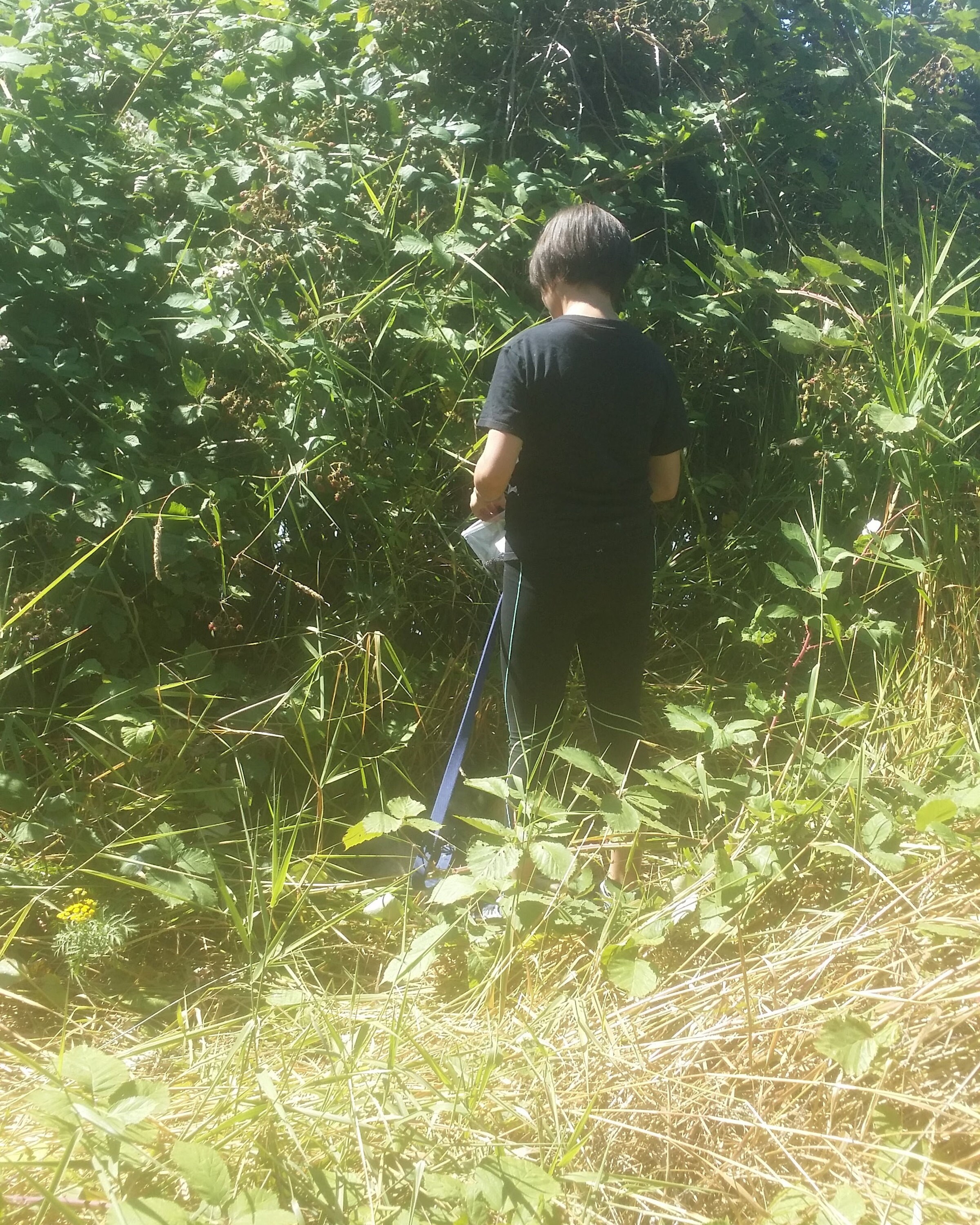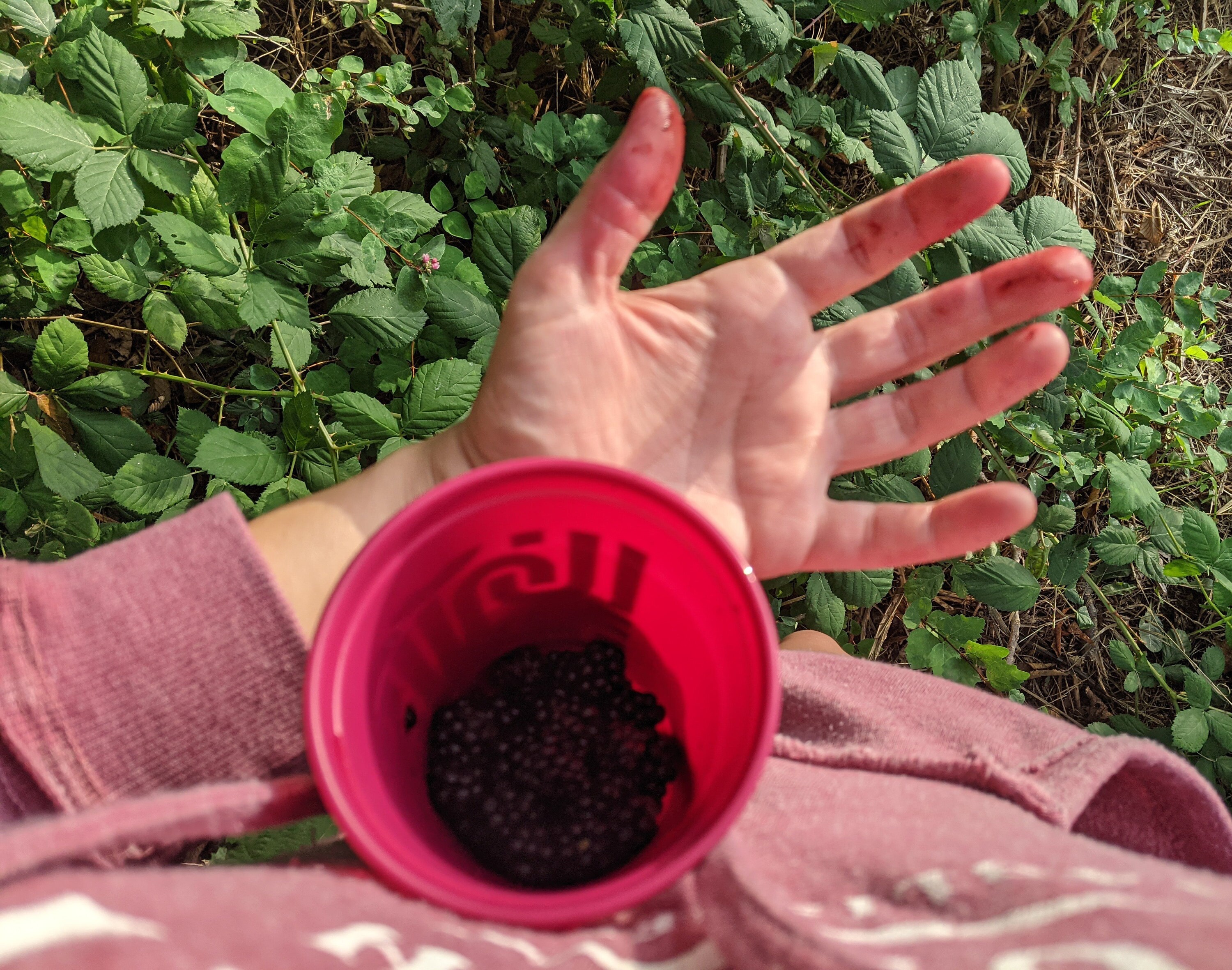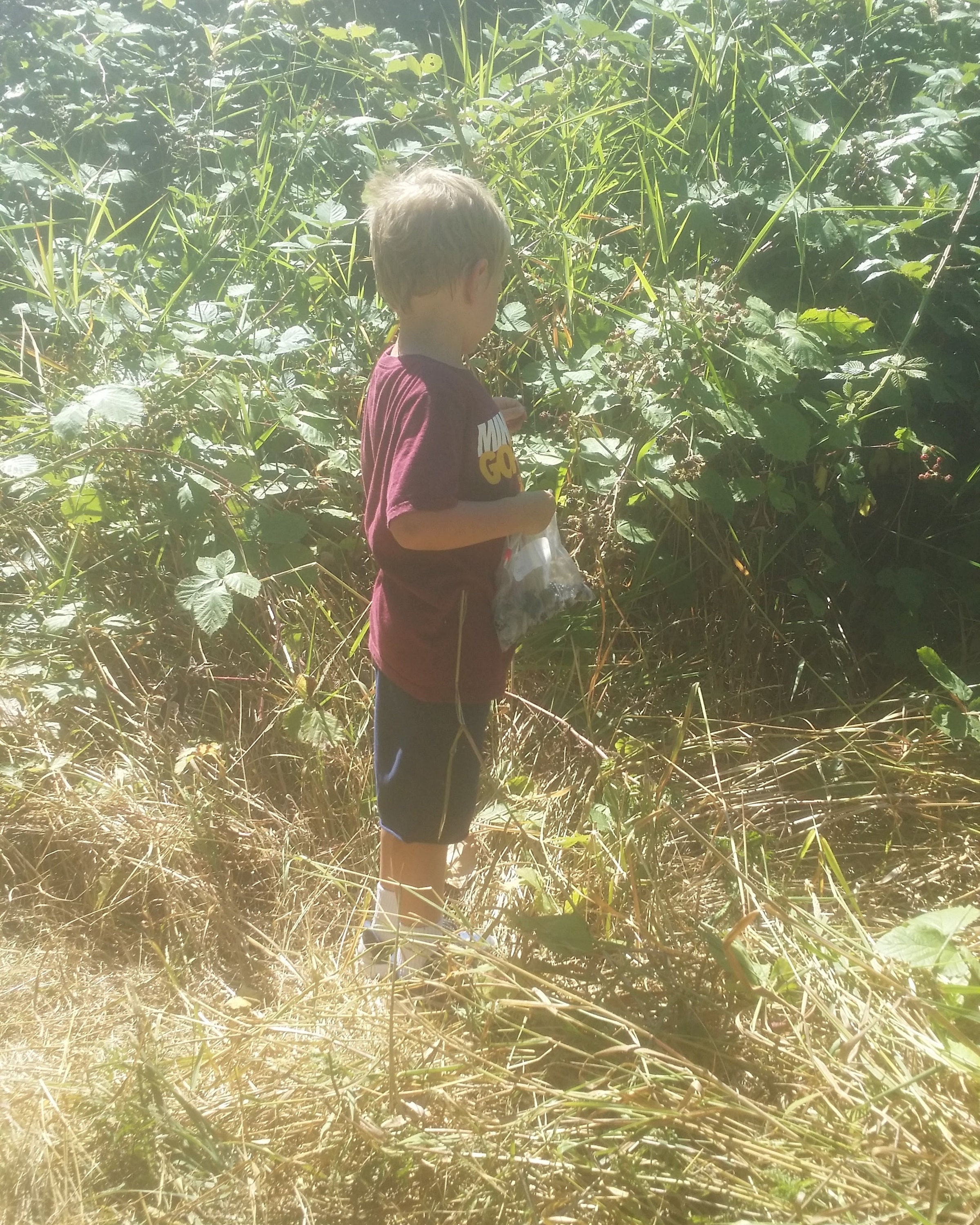We had only lived in Texas for two-and-a-half years when my then-husband told me he wanted to move to Washington state.
I was happy in our beautiful house in the Dallas suburbs. Our son was in kindergarten, I was building my crafting business, and we had many friends and acquaintances. We were in the same time zone as my parents in Minnesota, and it was an easy 18-hour drive to visit them. (In my opinion, “easy drive” means no mountain passes.)
I wasn’t devastated that he wanted to move, but I was disappointed. I tried to talk him out of it. I made counter points. I offered alternative solutions.
He said no, and we moved from Little Elm, Texas, to Ferndale, Washington, in July 2016.
I’m a positive and optimistic person, so I took to the Pacific Northwest easily enough. Driving up I-5 and moving through the mountains, seeing the greenery and trees, passing Subarus with BHAM bumper stickers, I was appreciative of our new home. Without a doubt, the best part was the temperature—it was easily 25 degrees cooler than it was at our home in Texas.
In Whatcom County, we were surrounded by the outdoors. We had traded in our pool towels for crab pots, our swim floaties for camping gear, our smoked meat cravings for cold lagers in the local beer gardens. One of the things that excited me the most, however, was the wild blackberry brambles.

The first time I spotted blackberries was when we were checking out our new home with our real estate agent. It was my inaugural visit to our house, and as I stood chatting with the real estate agent in the backyard, I glanced over by the fence and exclaimed with surprise, “Are those wild blackberries?”
She followed my gaze and responded with a slightly-patronizing-half-grimacing smile, “Yep, sure are. They grow everywhere around here.”
I walked across the yard and touched one. I looked backed at her, “Are they safe to eat?”
She laughed and told me they were, but they probably weren’t ripe yet. I didn’t care. I immediately pulled one off and popped it in my mouth, tasted how tart it was, and promptly spit it out.
Despite the sour shock to my taste buds, I was hooked.
As the days and weeks of summer continued, I saw blackberry bushes everywhere: In our neighborhood, in ditches alongside the road, in parks, at the edge of the woods. In any spot where a blackberry bush could grow, there they were.
I learned quickly how to tell if a berry was ripe or not. Soon, we were out with plastic containers scooping up our bounty, our hands turning a deep purple from the fruit’s juices. I taught myself how to make blackberry jam, and I piled the delicious treat onto yogurt and cereal.
As the years have progressed, I continue to delight in these free treasures, but I also recognize that the blackberries I love are literally a weed (hence my real estate agent’s reaction). The blackberry bush doesn’t care that it’s a weed, though. It only cares that it makes humans happy, so I won’t be the one to deny its only goal.

There’s not a deep metaphor or hidden message to this post. I’m not going to make a connection to the beginning and say that my husband and I bonded over overflowing baskets as we laughingly fought off the thorny branches stuck to our clothes, our eyes locking as the sun filtered in through the leaves, him slowly reaching over to gently wipe a smudge of dirt off my face, us realizing that we should give our marriage another shot.
Ew, no.
The point is far more literal: I wasn’t excited to leave Texas, but I quickly adapted and fell in love with many things about my new community—free food growing all over the county being one of them. And then eight years later, I made a candle and called it Bellingham Blackberry because Ferndale Blackberry isn’t an alliteration.
On further thought, maybe there actually is a metaphor to be found:
When life gives you blackberries, make soy wax blackberry candles--obviously using fragrance oil and not the actual fruit.
